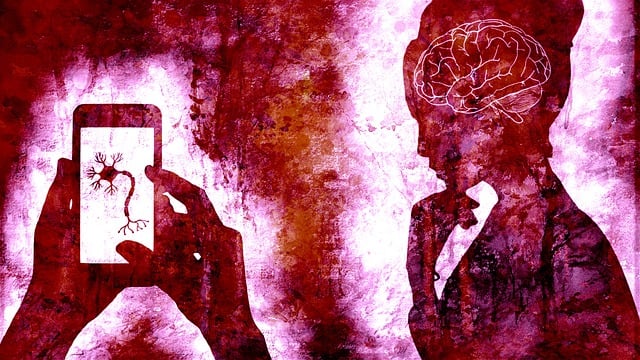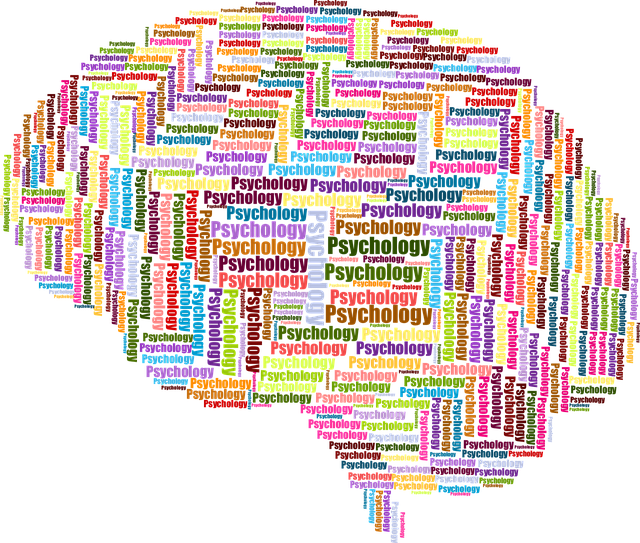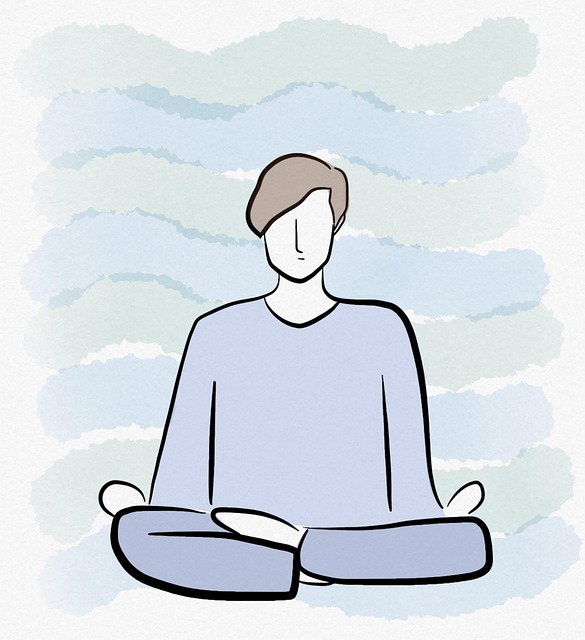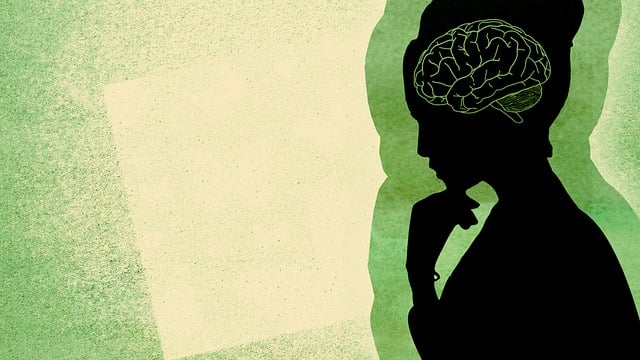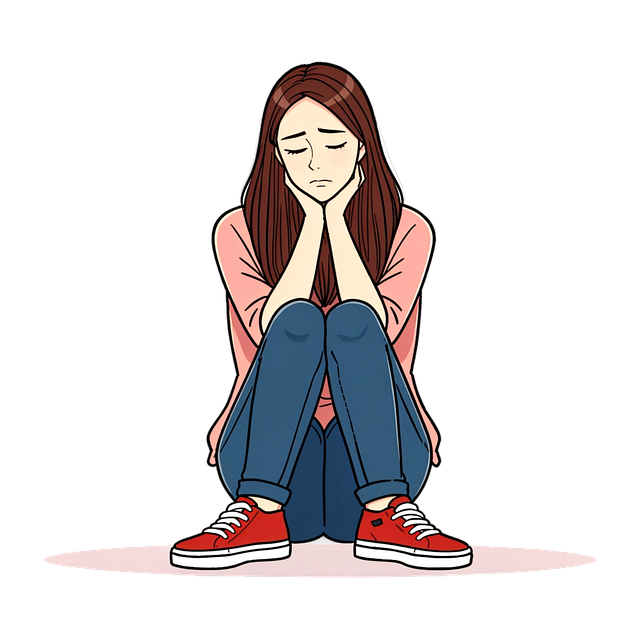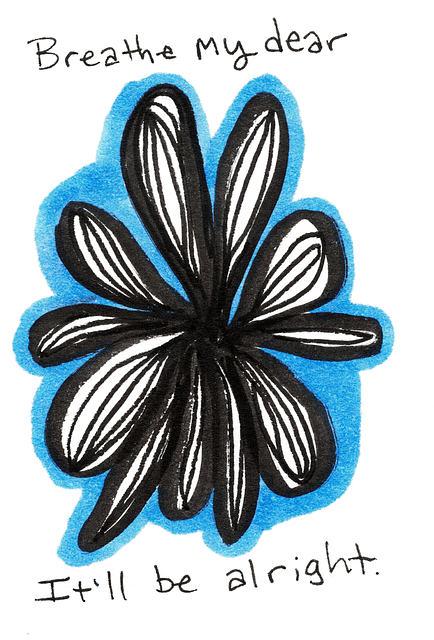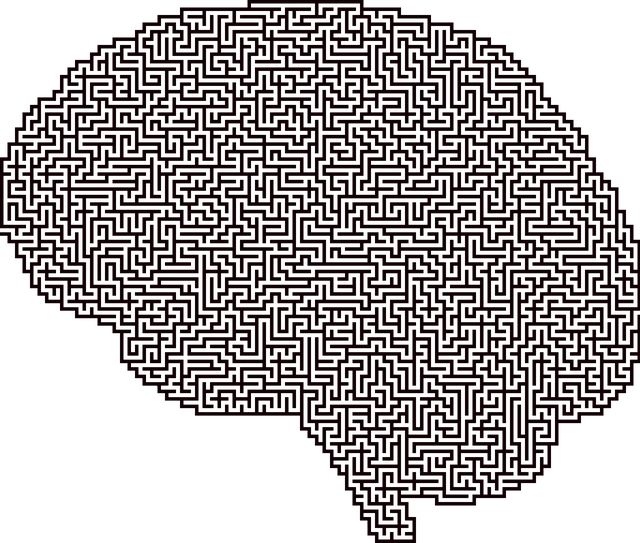Anxiety disorders are a global mental health concern, but recognizing and managing symptoms through innovative therapies like Golden Dissociative Disorder Therapy (GDDT) offers hope. GDDT combines mindfulness, conflict resolution, and journaling to help individuals understand and cope with dissociative experiences, improving emotional well-being. Additionally, techniques such as meditation, physical activity, community support, and positive thinking affirmatively impact anxiety management, enhancing overall mental wellness.
Anxiety disorders affect millions, impacting daily life and overall well-being. This article explores effective strategies to manage anxiety, offering insights into both traditional and innovative approaches. We delve into the profound impact of conditions like Generalized Anxiety Disorder, providing a comprehensive understanding. Furthermore, we introduce Golden Dissociative Disorder Therapy (GDDT), a unique, evidence-based method showing promise in treating anxiety. By combining GDDT with practical daily techniques, individuals can gain control and enhance their mental health journey.
- Understanding Anxiety Disorders and Their Impact
- Exploring Golden Dissociative Disorder Therapy (GDDT): A Unique Approach
- Practical Techniques for Daily Anxiety Management
Understanding Anxiety Disorders and Their Impact

Anxiety disorders are a significant aspect of mental health concerns worldwide. They encompass a range of conditions, from generalized anxiety and social phobia to more complex disorders like panic attacks and obsessive-compulsive behaviors. Understanding these disorders is crucial for effective management. Anxiety can manifest as persistent, excessive fear or concern, impacting daily functioning and overall quality of life. The effects can be severe, leading to physical symptoms such as increased heart rate, insomnia, and fatigue, as well as emotional distress.
Golden Dissociative Disorder Therapy (GDDT) is a specialized approach gaining recognition in mental health awareness. This therapy offers unique techniques to help individuals process and manage their anxiety by fostering a deeper understanding of the mind’s complex mechanisms. By incorporating elements of mindfulness and conflict resolution techniques, GDDT aims to provide long-lasting coping strategies. Mental health education programs design often includes modules on recognizing triggers, challenging negative thoughts, and implementing healthy lifestyle changes to enhance mental well-being.
Exploring Golden Dissociative Disorder Therapy (GDDT): A Unique Approach

Golden Dissociative Disorder Therapy (GDDT) offers a unique and innovative approach to managing anxiety by exploring the connection between dissociation and emotional well-being. This therapy focuses on helping individuals understand and regulate their dissociative experiences, which can often be a coping mechanism for dealing with trauma or intense stress. By delving into this process, GDDT aims to provide a transformative experience that enhances mental wellness.
The therapy involves a combination of techniques such as journaling exercises to track and analyze dissociation patterns, conflict resolution strategies to address underlying issues, and empathy-building activities to foster a deeper understanding of one’s emotions. These methods encourage individuals to develop healthier coping mechanisms, improve their ability to manage anxiety symptoms, and ultimately enhance their overall mental wellness.
Practical Techniques for Daily Anxiety Management

Anxiety management is an essential aspect of maintaining mental well-being, and several practical techniques can help individuals cope with daily stressors. One effective approach is mindfulness meditation, which encourages staying in the present moment and observing thoughts and feelings without judgment. This simple yet powerful tool has been shown to reduce anxiety symptoms and improve overall mood management. Regular practice can help individuals detach from anxious thoughts, fostering a sense of calm and clarity.
Additionally, engaging in physical activity and adopting healthy lifestyle habits play a significant role in anxiety reduction. Exercise releases endorphins, which are natural mood lifters, and can serve as an effective distraction from worries. Community outreach program implementations that promote social connections and support networks are also valuable resources. Sharing experiences and strategies with like-minded individuals can provide a sense of belonging and offer alternative perspectives on managing anxiety. Cultivating positive thinking through affirmations and reframing negative thoughts can further enhance one’s resilience against anxious episodes, particularly in conjunction with evidence-based treatments like Dissociative Disorder Therapy.
Anxiety disorders can significantly impact daily life, but managing them is achievable. By understanding the various forms anxiety takes and its effects, individuals can explore effective strategies like Golden Dissociative Disorder Therapy (GDDT), offering a unique and promising approach to treatment. Additionally, practical techniques for everyday anxiety management provide tangible tools to navigate and reduce anxious symptoms. Combining awareness with accessible tools empowers individuals to take control of their mental well-being and lead more fulfilling lives.

